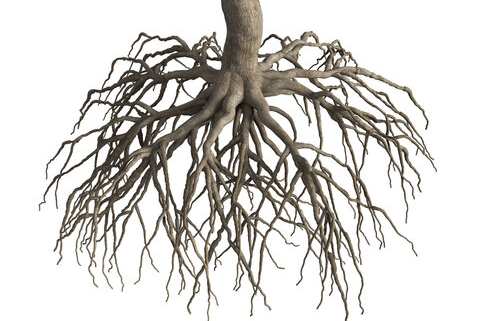
Root Words and Meaning S – V
There are hundreds of words in English that have roots in Latin and Greek, a lot of these words are similar to words in French, Italian and Spanish. Knowing the meanings of these word roots can help you guess the meanings of words you don’t know.
Many of these words are found most often in formal and academic English.
A root can be found in the beginning, middle or end of a word.
|
Root |
Meaning |
Examples |
|
scop (Greek) |
look, see |
microscope, telescope, periscope, stethoscope, horoscope |
|
scrib, script (Latin) |
write |
scribble, description, scribe, scriptorium, postscript |
|
sect (Latin) |
cut |
dissect, section, vivisection, resection, bisect, intersect |
|
sens, sent (Latin) |
feel |
sensation, sentimental, sensible, resent, consent, dissent |
|
soph (Greek) |
wisdom |
sophisticated, philosopher, sophistry, theosophy |
|
soror (Latin) |
sister |
Sorority, sororicide |
|
spec, spic (Latin) |
look, see |
spectator, despicable, respect, suspicion, introspection |
|
tact, tang (Latin) |
touch |
tactile, tangible, tactless, contact, contagious, tactus |
|
tend, tens, tent (G) |
strength, stretch |
tendon, tension, tentacle, extend, distend, pretend |
|
terr, terra (Latin) |
earth, land |
terrestrial, territory, terrace, subterranean, extra-terrestrial |
|
therm (Greek) |
heat |
thermal, thermometer, thermostat, hypothermia, geothermal |
|
tri (Latin) |
three |
triple, tripod, triplicate, tricycle, triangle, trio, trillion |
|
vac (Latin) |
empty |
vacant, vacuum, vacate, vacation, vacuous, evacuate, vacancy |
|
ven (Latin) |
come |
convention, adventure, prevent, invent, venue, convenient |
|
vis, vid (Latin) |
see |
vision, visual, video, invisible, provide, evidence, visit, revise |
|
vita, viv (Latin) |
life |
vitality, vital, vivacious, vivisection, revive, survive, vitamin |
|
voc, voke (Latin) |
call |
vocalise, evoke, revoke, vocabulary, invoke, provoke, advocate |
|
vor (Latin) |
eat |
herbivore, voracious, carnivore, omnivore, devour |
The root word ‘micro’ means ‘tiny’ so what is a ‘microscope’? ‘There are microscopic creatures in the water’.
The root word ‘herbi’ means ‘grass’ or ‘plant’, so what is a ‘herbivore’? ‘Some of the largest dinosaurs were actually herbivores‘.
The prefix ‘omni’ means ‘many’, so what is an ‘omnivore’? ‘Brown bears are omnivorous, they’ll eat anything they can get their paws on’.
The prefix ‘carni’ means ‘meat’, so what is a ‘carnivore’? ‘I’m a vegetarian but I made a couple of meat dishes for the carnivores‘.
The suffix ‘orium’ means ‘place of’, so what do you think a ‘scriptorium’ is? ‘The monks worked in the scriptorium all the daylight hours, painstakingly copying manuscripts’.
The suffix ‘meter’ means ‘measure, count, compare’, so what is a ‘thermometer’? ‘You should keep a thermometer at home to check for Covid’.
The root word ‘manu’ means ‘hand’, so what’s a ‘manuscript’? ‘The Book of Kells is a beautiful illuminated manuscript created by Irish monks in 800AD. You can visit it in Dublin’.
The suffix ‘bi’ means ‘two’, so what does ‘bisect’ mean? ‘The surgeon bisected the tumour for removal and testing’.
The prefix ‘re’ means ‘again’ or ‘back’, so what do you think ‘revise’ and ‘revive’ mean? ‘I’m going to be up late tonight revising for the exam tomorrow’. ‘The poor animal collapsed in the heat, it was revived with some cool water’.
Check your ideas in the dictionary.


